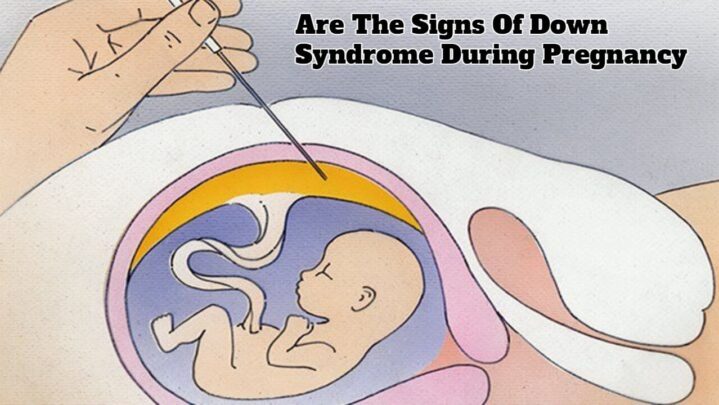Yes, several Down syndrome symptoms are detectable during pregnancy. This is because a person with Down syndrome has an extra copy of chromosome 21, a genetic condition. Intellectual impairment, developmental disabilities, and other health problems may result from this additional chromosome.
Some of the Down syndrome symptoms that might be identified while pregnant include:
Abnormal ultrasound findings: During an ultrasound, medical professionals can spot several physical traits linked to Down syndrome, such as a thicker nuchal translucency (the region behind the baby’s neck), shorter femur bones, and a tiny nasal bone.
Abnormal blood tests: To check for Down syndrome during pregnancy, two different blood tests can be performed: the first-trimester screen and the quad screen. Both tests contain a few chemicals in the mother’s blood that might indicate Down syndrome.
Diagnostic testing: The doctor may advise a diagnostic test, such as chorionic villus sampling (CVS) or amniocentesis if the outcomes of the blood tests or ultrasound are abnormal. An amniotic fluid or placenta sample must be taken to perform these tests.
It’s crucial to remember that none of these tests can conclusively identify Down syndrome. However, they can help doctors decide whether more testing is required. It’s also crucial to remember that having a kid with Down syndrome is not always bad; people with Down syndrome can lead happy, meaningful lives.





